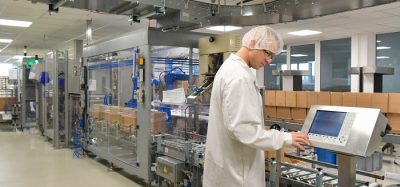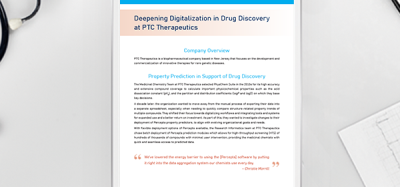UK leads Europe in early clinical research, says new report
Posted: 26 November 2019 | European Pharmaceutical Review | No comments yet
According to a new report, the UK is leading the rest of Europe for early-stage clinical research into new medicines and vaccines, with more than 600 commercial clinical trials taking place in the NHS.


According to the first annual report into clinical trials from the Association of the British Pharmaceutical Industry (ABPI), the UK is a world-leader in research for heart disease, immunology and conditions affecting the nervous system.
However, once the research moves into the later stages the UK drops into third place in Europe behind Germany and Spain and fifth globally behind the US and Canada.
The report also warns that the UK faces a number of challenges if it is to remain competitive on the world stage. These include Brexit and competition from countries like USA, Germany, Japan and China who are all investing significantly in life sciences.
“The UK’s world-leading clinical research sector is a rare good news story and the next government cannot let this position slip,” said Professor Andrew Goddard, President of the Royal College of Physicians. “Amid the heat of Brexit we must continue to invest in life sciences research.
“We also need to recognise the huge contribution National Health Service (NHS) clinicians make in giving up their time for these studies. NHS organisations across the country should explore how clinicians can best be given the time and skills to engage in research.”
Amid the heat of Brexit we must continue to invest in life sciences research”
With the dominance of the US sector unlikely to decline and the speed of growth in Asia, maintaining a strong sector in the UK will also be vital in supporting continued investment to European science collaborations, the ABPI said.
The ABPI further warns that failure to convert the UK’s world-beating early research into late-stage development will threaten inward investment into the UK and its world-leading position and the associated benefits.
Due to these findings, the ABPI has made seven recommendations, which it says is vital to ensuring the future success of UK medicines development:
- Increase investment into clinical research, through funding of the National Institute for Health Research (NIHR) and others
- Simplify the processes for setting up and running clinical trials
- Build a workforce fit for the future
- Harness the UK’s data infrastructure for medicines R&D, supported by a suitably skilled workforce
- Embed patient involvement in clinical research
- Ensure continuing high standards for transparency which are consistent with other countries
- Secure a future UK-EU relationship on medicines and research that ensures the UK’s clinical research environment remains stable during this period of Brexit uncertainty.
The report found that in 2018/19 the annual economic benefit of clinical research in the UK was £2.7 billion, supporting 47,000 jobs and bringing £28.6 million in savings and £335 million income to the NHS. It also showed that the pharmaceutical industry invests £4.3 billion a year into R&D.
The report revealed that 870,250 people in the UK took part in commercial and non-commercial clinical research across England in 2018-19 – equating to over 2,300 people every day.
“These new figures are good news for the UK, showing just how strong we are as a nation at R&D which leads to new medicines and vaccines, but there’s no room for complacency,” added Dr Sheuli Porkess, Executive Director of Research, Medical and Innovation at the ABPI. “The report also shows the importance of the UK globally and the pressing need to keep pace with other established and emerging research hubs in order to continue to attract commercial clinical research.”
Related topics
Big Pharma, Clinical Trials, Data Analysis, Industry Insight, investment, Research & Development (R&D), Vaccines









